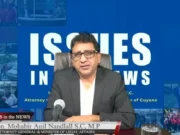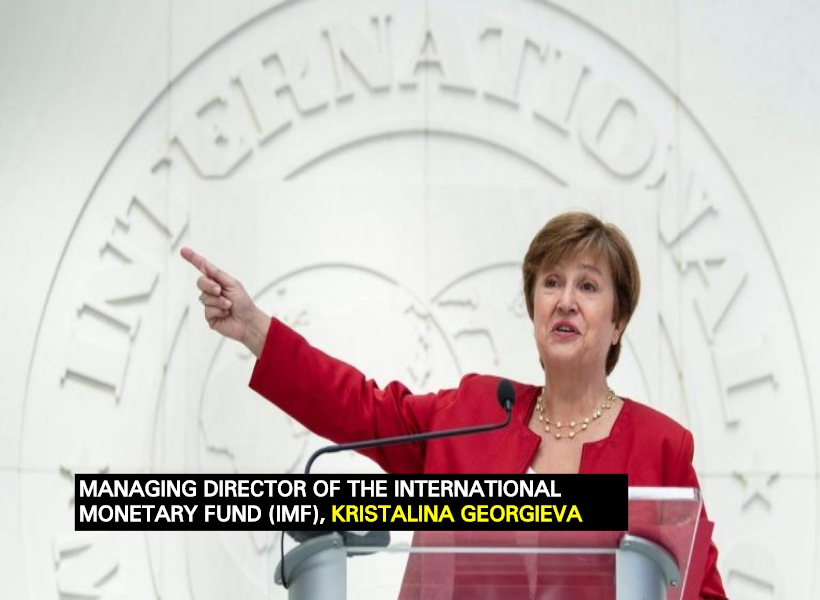According to Managing Director of the International Monetary Fund (IMF), Kristalina Georgieva, the Latin America and Caribbean Region has been hit particularly hard by the COVID-19 pandemic, with an expected contraction of 9.3 percent this year—its largest recession on record. Georgieva stated that the region has been impacted by the direct effect of the lockdowns and spillovers from the rest of the world through lower commodity prices, remittances and tourism as well as capital outflows.
Within the region, the Caribbean economies she said, are suffering even more due to their high dependence on one of the most dramatically impacted sectors—tourism—which for some, accounts for 50 to 90 percent of Gross Domestic Product (GDP) and employment. The Managing Director said that the approach of the hurricane season also poses additional risks.
The official was keen to note that the policy response in the region has been swift. In this regard, the IMF head said that Central banks have intervened effectively, using all tools of monetary policy, through lower rates and expanded balance sheets. Given the scale of the crisis and unprecedented uncertainty, she said that governments have had to also deploy fiscal measures to strengthen the health system, protect the most vulnerable and support employment and otherwise viable businesses. “For example, Argentina and Paraguay have cash and food programmes for disadvantaged families; Chile, Peru and Colombia are deploying wage subsidies and guarantees and loans to ailing small and medium scale enterprises.”
We have seen Ecuador—in a particularly difficult situation—targeting the most vulnerable. So far, the Caribbean countries have been successful in containing the virus better than others, and in expanding support for the most vulnerable,” the IMF Chief expressed.
The IMF Head said that indeed, this is the time to do all it takes to support those most affected by the crisis. Even with that in mind, she said that governments taking IMF funding should note that they must spend wisely and keep receipts.
Georgieva said that governments should also strive for effective public policy interventions, stepping up testing and tracing efforts, delivering clear communications on health developments and policies, and reducing risks of contagion by diversifying transfer mechanisms, and increasing digital delivery—especially in the megacities of Latin America.











